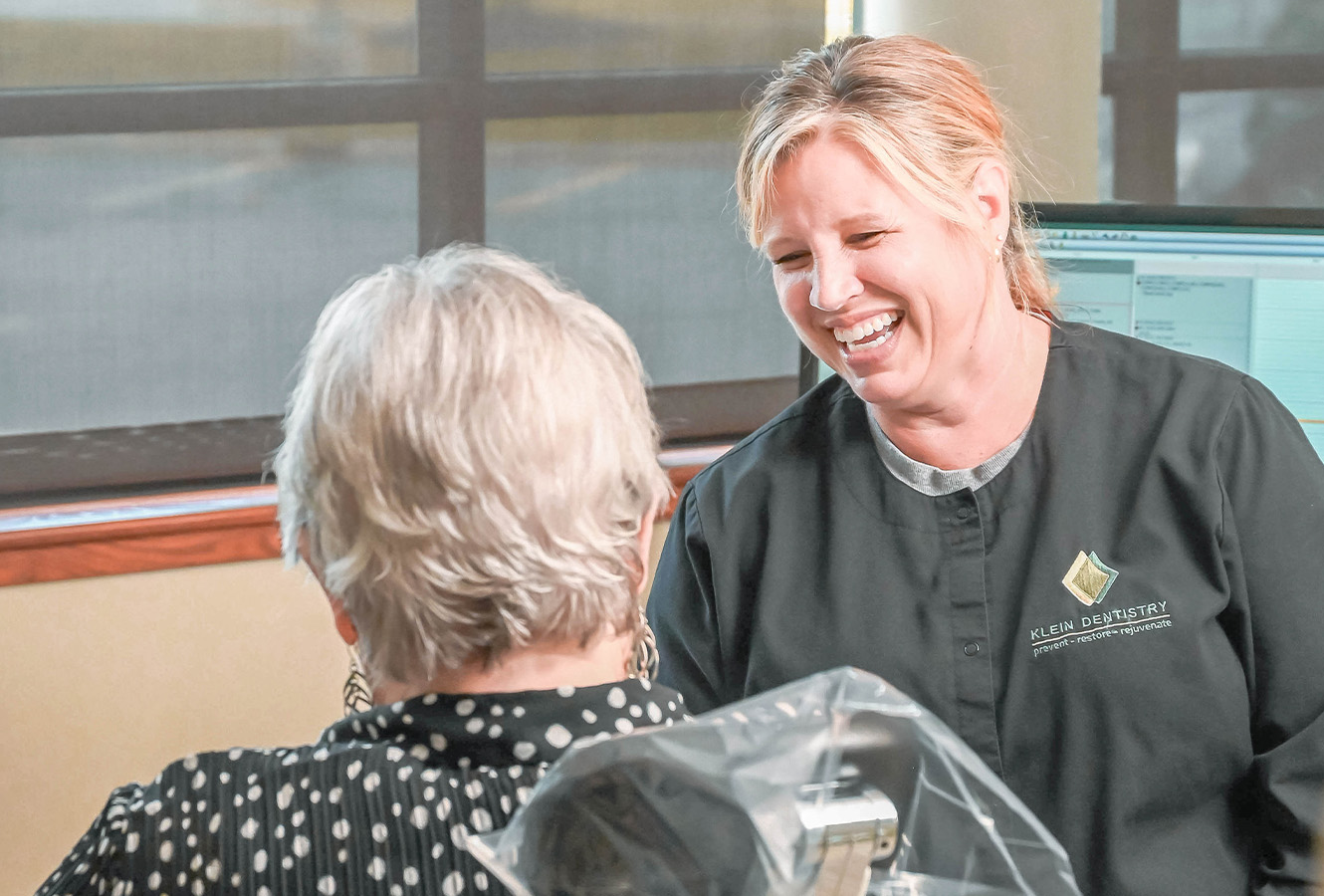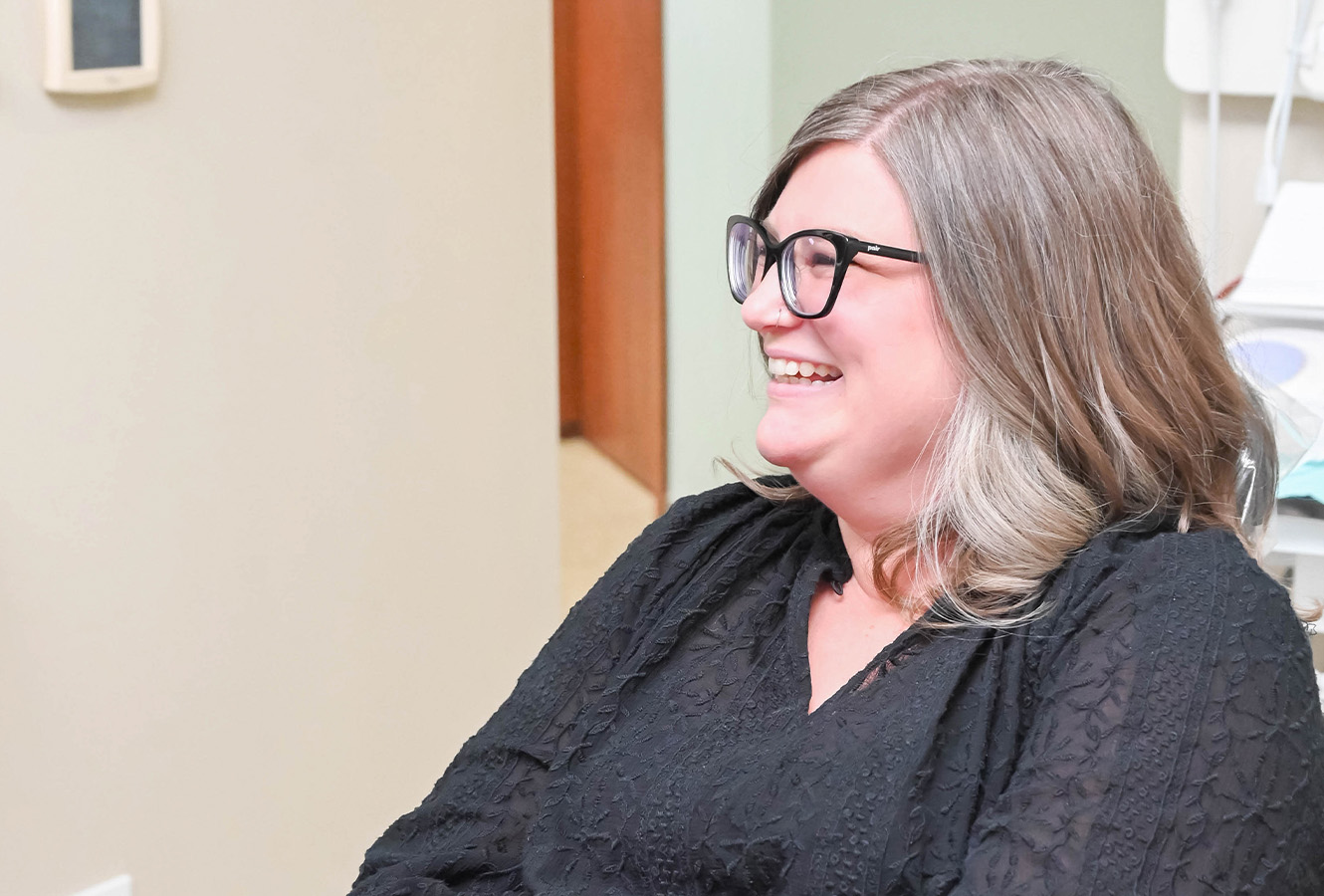Understanding How Fillings Work
A is primarily used to restore teeth that have been damaged by decay. When bacteria erode the enamel and form cavities, the only way to stop the damage from spreading, and to save the tooth, is to remove the decay and seal the space with a durable material. Fillings do exactly that: they plug the hole, reinforce the tooth's structure, and protect against further decay or infection.

Unlike dental crowns, which cover the entire visible surface of a tooth, fillings repair localized damage — typically small to moderate cavities. You may need a filling if you're experiencing:
- Tooth sensitivity
- Sharp pain when chewing
- Visible pits or discoloration on the surface of a tooth
Sometimes, you might not notice any symptoms at all, which is why routine exams are critical. Not pursuing cavity treatment in time allows decay to progress deeper into the tooth, potentially reaching the nerve and requiring more extensive treatment like a root canal. Fillings for teeth are a fast, effective way to intervene early and preserve both dental function and integrity.

The Process of Getting a Filling
Your appointment will start with a thorough evaluation. Using a small mirror and a tool called a dental explorer, Dr. Klein will carefully check for signs of decay. X-rays may also be taken to detect cavities between teeth or beneath the surface.
If a cavity is found, we'll begin by numbing the tooth, gum, and surrounding tissue, ensuring complete comfort. The decayed portion is then gently removed, and the tooth is shaped to accommodate the filling.
For direct fillings, the material is applied, shaped, and polished right here in our Grandville, MI, dental office. This one-visit procedure typically takes 30–60 minutes depending on the size and location of the cavity, and how many teeth are being treated.
For indirect fillings (such as inlays or onlays), we take an impression of the prepared tooth and place a temporary filling. The final restoration, often made of ceramic or gold, is crafted in a dental lab and placed during a second visit 2–3 weeks later. No matter what is chosen, our goal is the same: a seamless, functional, and long-lasting repair that fits naturally into your bite and protects your oral health.


